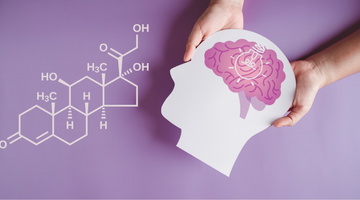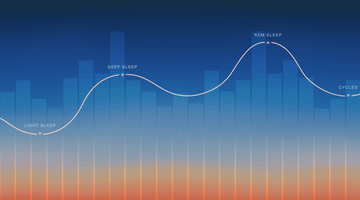Why is it important?The mental health benefits of being physically active are becoming more and more prevalent. In this article we explore the mental health benefits of exercise. In this video / article, we look at what it is about sport, training, and exercise that actually improves our mental health and what are the things we should be looking to achieve personally and with the people that we care about.
|
According to WHO, one in four people around the world will be affected by mental or neurological disorders at some point in their lives. Around 450 million people currently suffer from such conditions, placing mental disorders among the leading causes of ill-health and disability worldwide.
This being said, the fight against this menace is being won by training exercise and taking care of ourselves.
But what is it about sport and training that actually improves our mental health?
What are the key things we should be looking to achieve personally and with people we care about?
The definition of mental health refers to a person’s condition with regard to their psychological and emotional well-being. It's the interplay between these elements and all the subcategories below that make up a person's psychological well being.
Everyone has mental health – and evidence shows that the benefits of physical activity on our wellbeing are profound. According to Sport England there are four main ways that physical activity helps mental health, including:
Exercise is a mood booster
Studies show that physical activity has a positive impact on our mood. One study asked people to rate their mood after a period of exercise (i.e. walking or gardening) and after inactivity (i.e. reading a book). Researchers found that people felt more awake, calmer and more content after physical activity. For more information and a link to the study, go to the Mental Health Foundation website.
Exercise can help reduce stress
Being regularly active is shown to have a beneficial impact on alleviating stress. It can help manage stressful lifestyles and can help us make better decisions when under pressure. Research on working adults shows that active people tend to have lower stress rates compared to those who are less active.
Exercise can build better self-esteem
Physical activity has a big impact on our self-esteem – that’s how we feel about ourselves and our perceived self-worth. This is a key indicator of mental wellbeing. Those with improved self-esteem can cope better with stress and improve relationships with others.
Exercise can help with depression and anxiety
Exercise has been described as a “wonder drug” in preventing and managing mental health. Many GPs now prescribe physical activity for depression, either on its own or in conjunction with other treatments. It is effective at both preventing onset of depression and in terms of managing symptoms.
Find your mood-boosting workout
The key to finding a mood-boosting workout is to find an activity you enjoy, because then you'll want to keep doing it. If you enjoy dancing, do a dance class. If you like to hike, find somewhere to hike. Then after exercise, take a moment to notice how your mood has lifted. The bright, calm satisfaction you get after your workout will keep you coming back for more. You'll get hooked on the feel-good benefits of exercise, not just the physical results.
If you want to connect with friends… try team sports like football and netball. Social connectivity is incredibly important to mental wellbeing. When we're struggling we tend to isolate ourselves, but being with other people can motivate you to get out there. Playing team sports is great if you feel lonely.
If you want to calm your mind… try yoga, pilates and t'ai chi. Exercise that works with your breath is particularly good for improving mindfulness, which can also calm a spinning head and improve your mood.
If you need to release tension… try running, boxing or HIIT. Doing an intense exercise will completely absorb your attention – it's impossible to think of anything but what your body is doing.
Hopefully the level of focus and attention being brought to the topic of exercise and mental health will continue to have a positive impact on our society as a whole.
Until next time keep crushing it.






